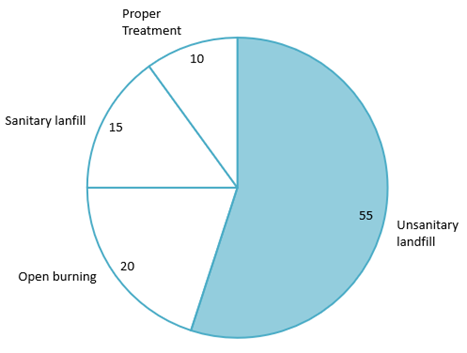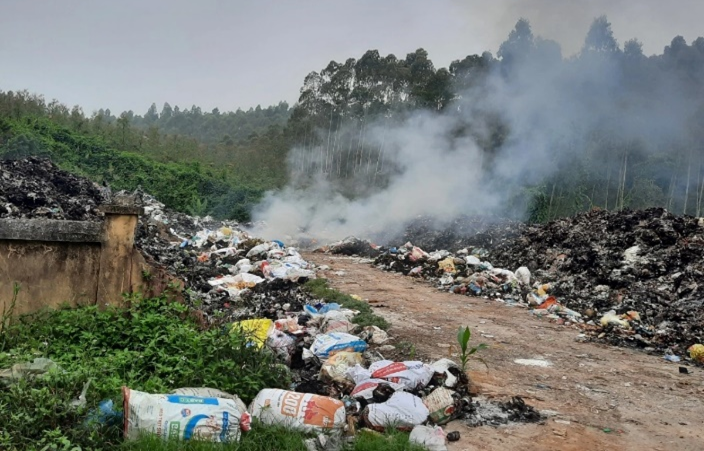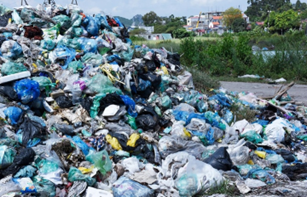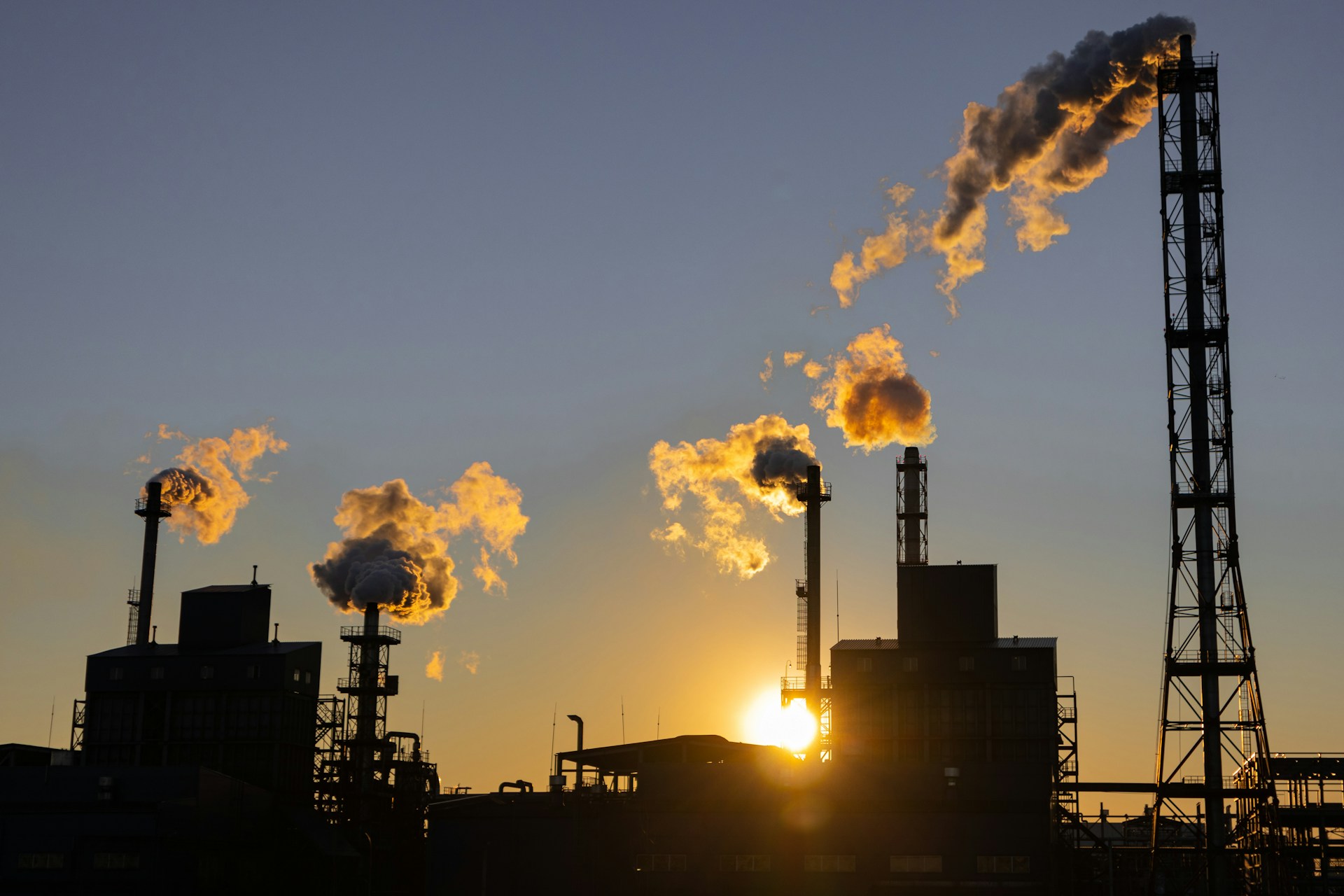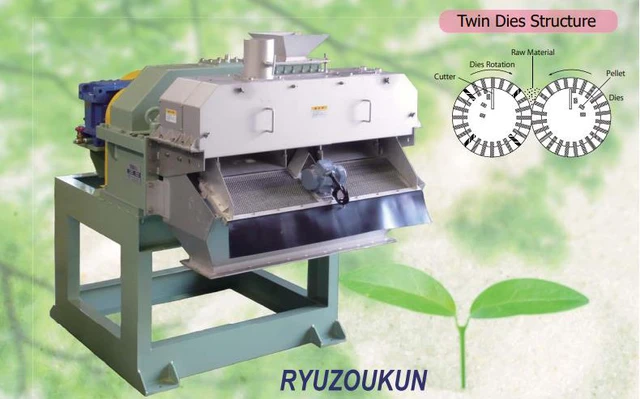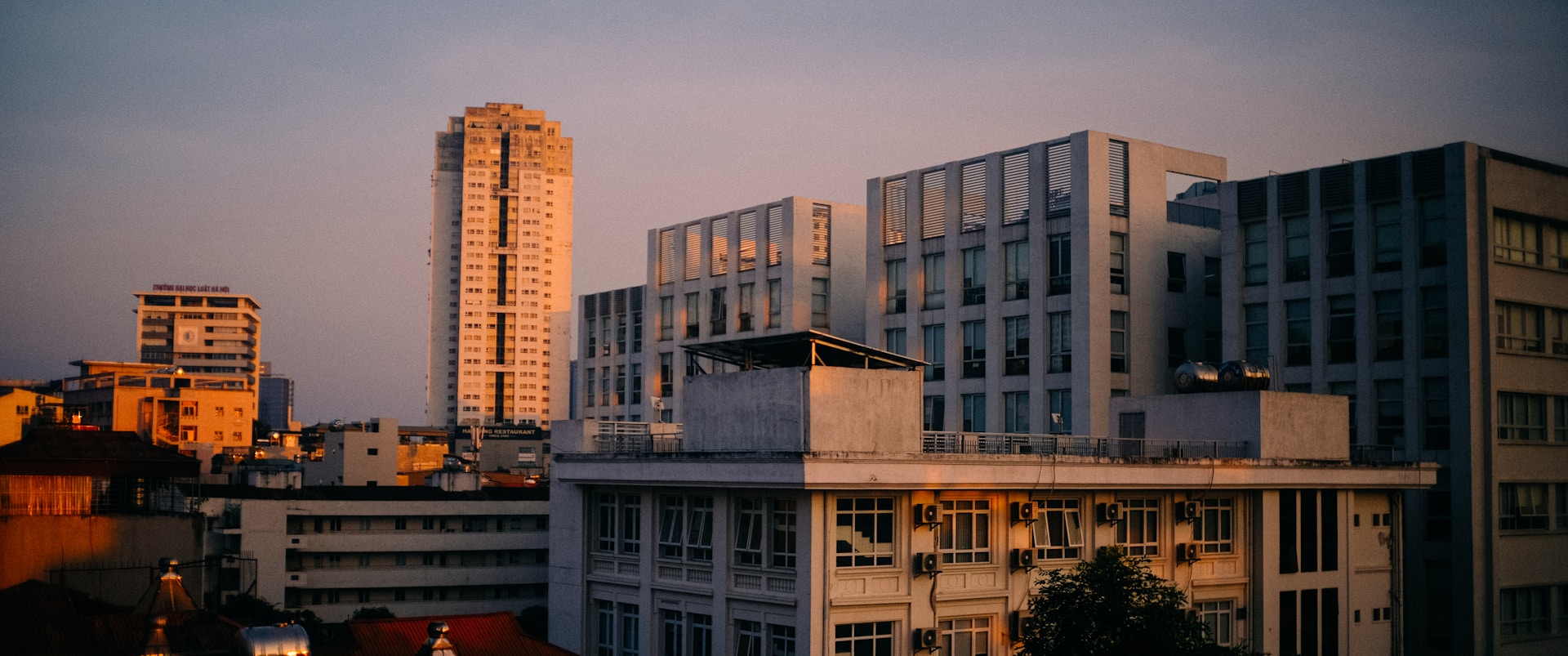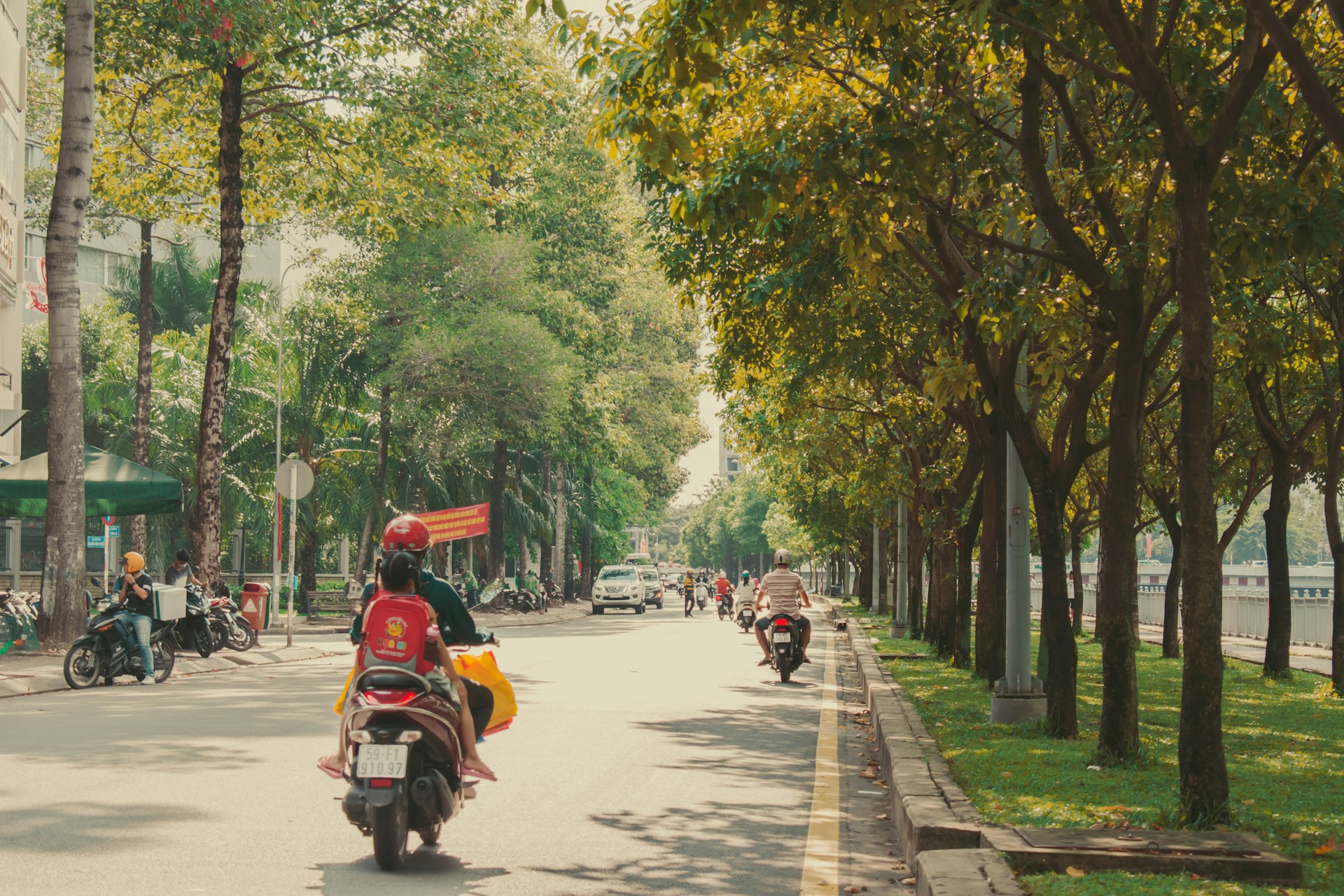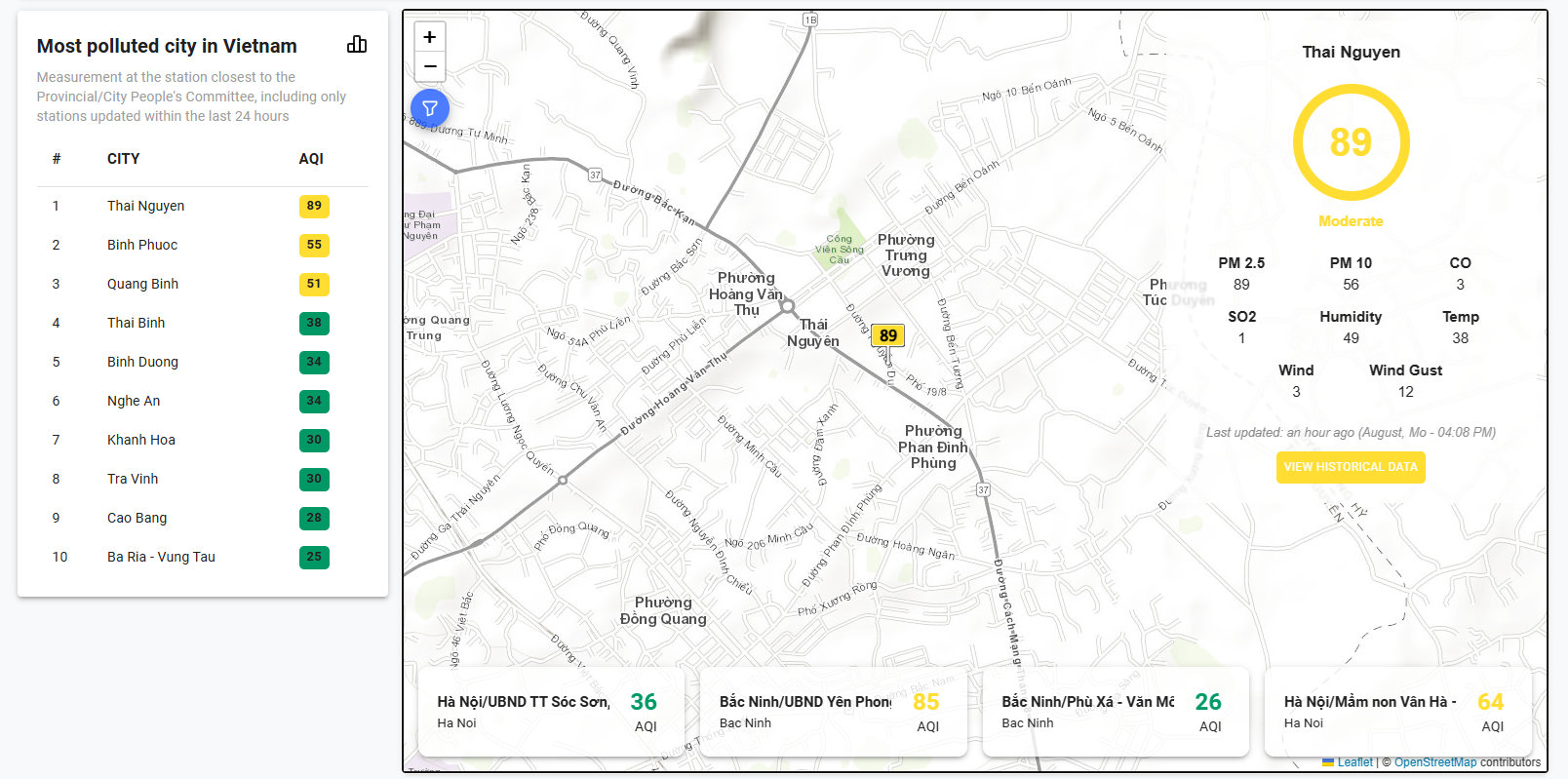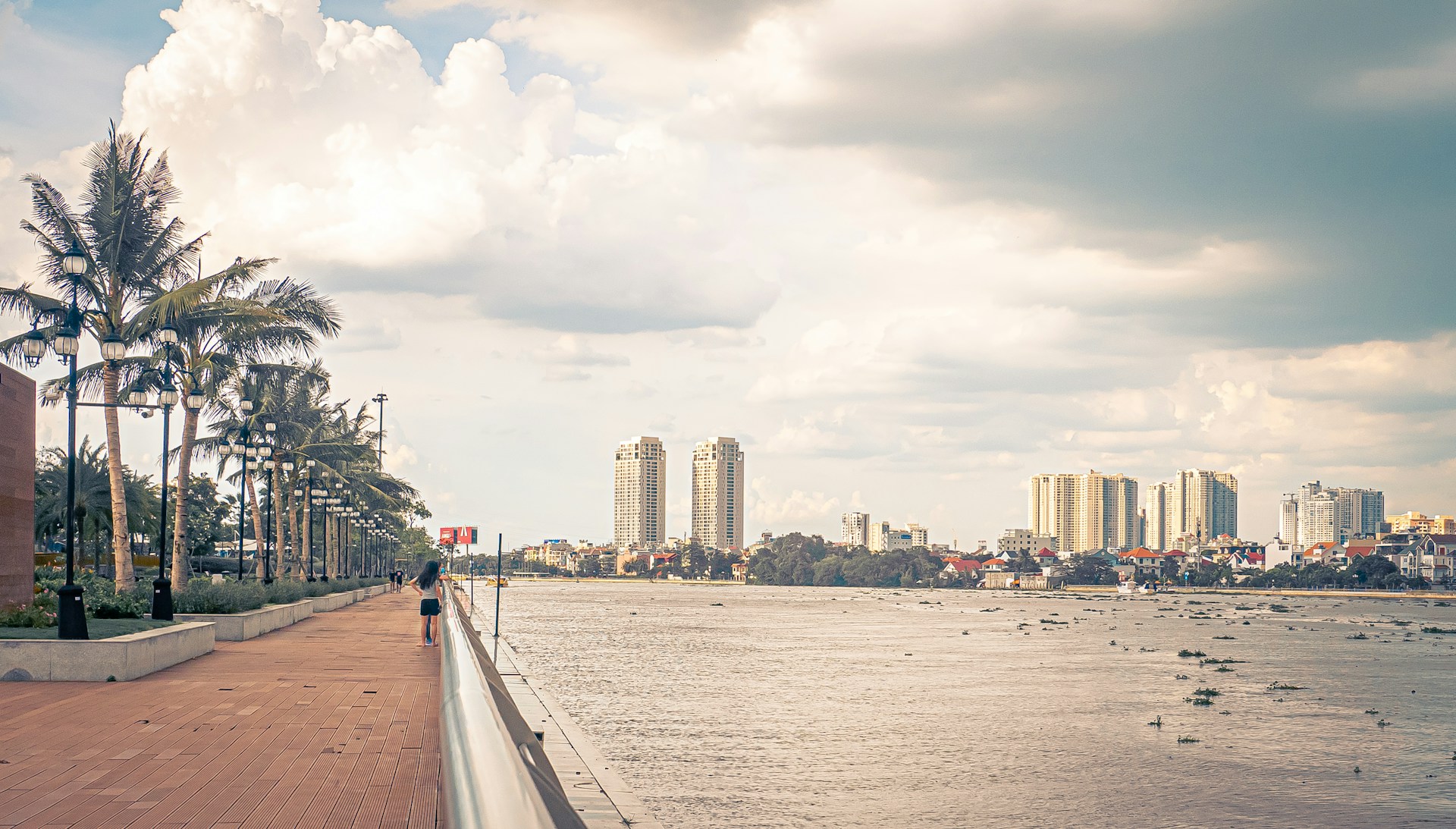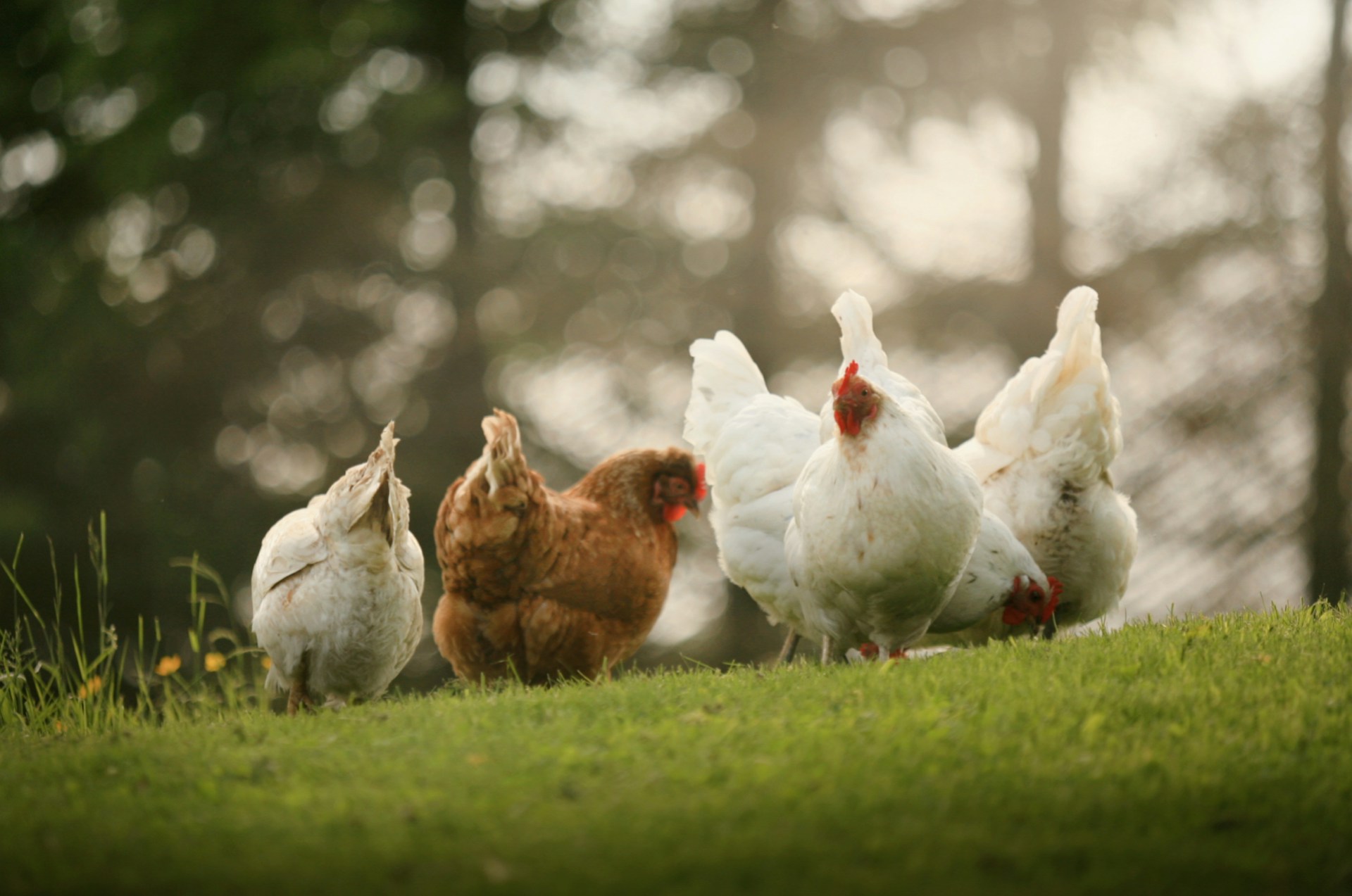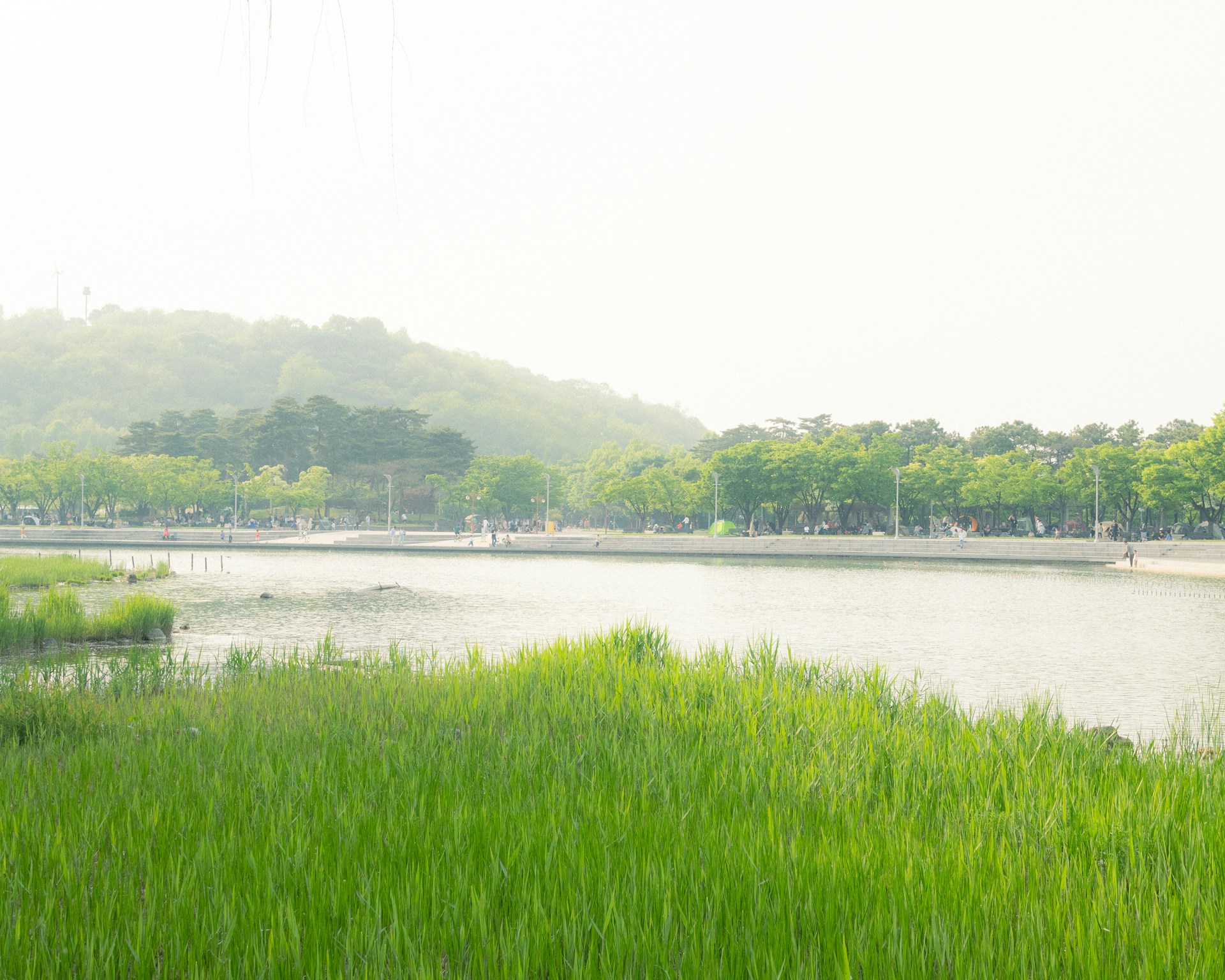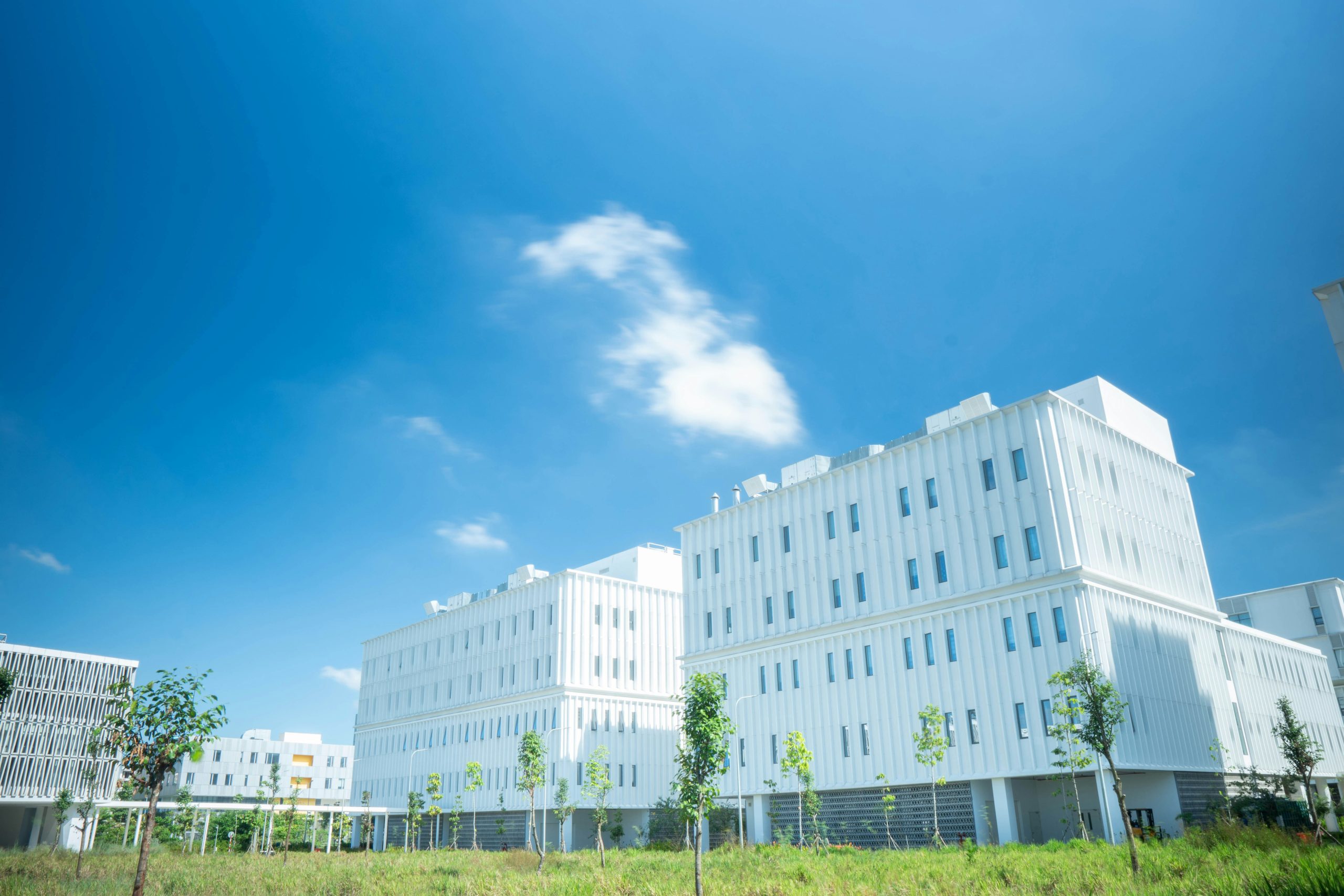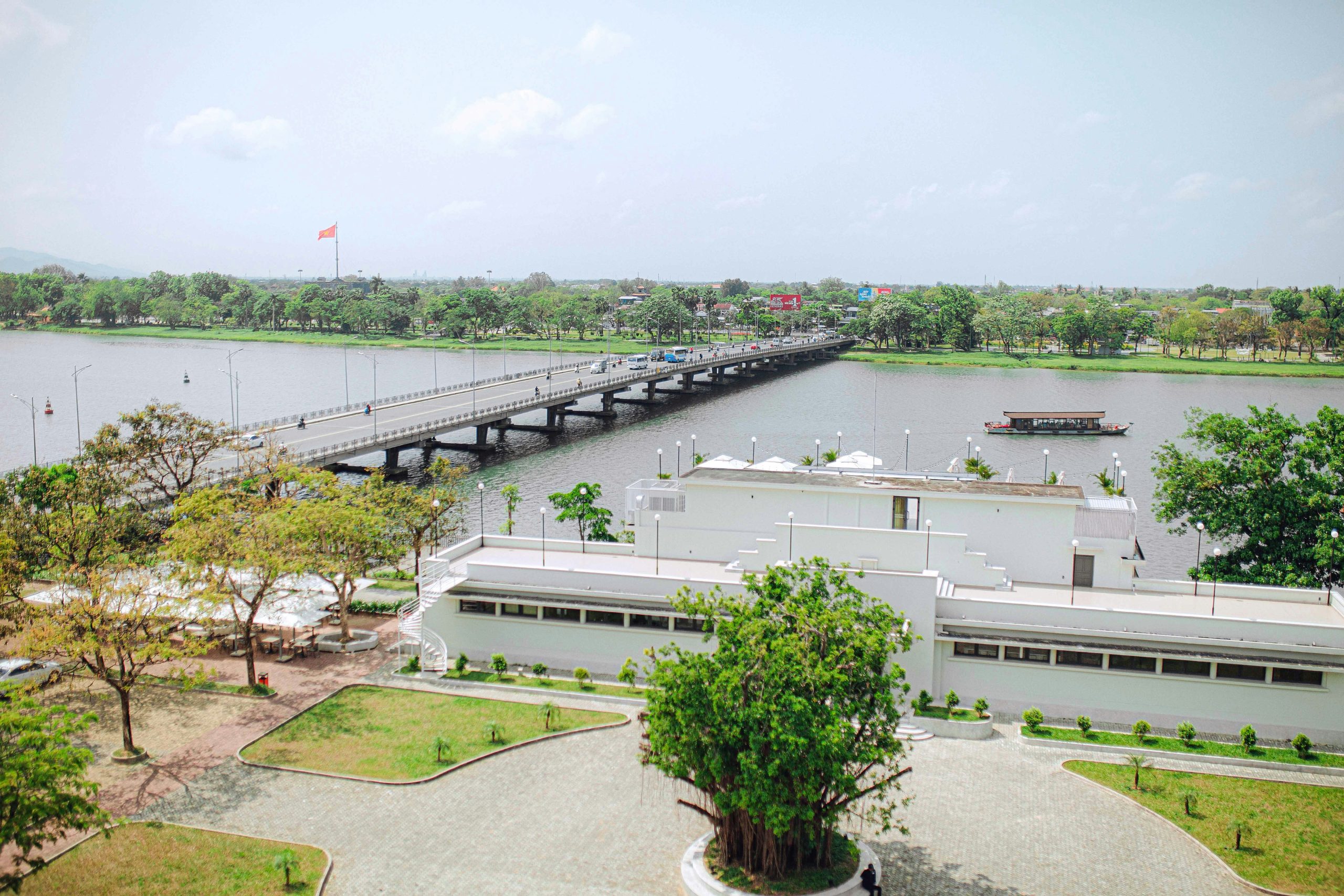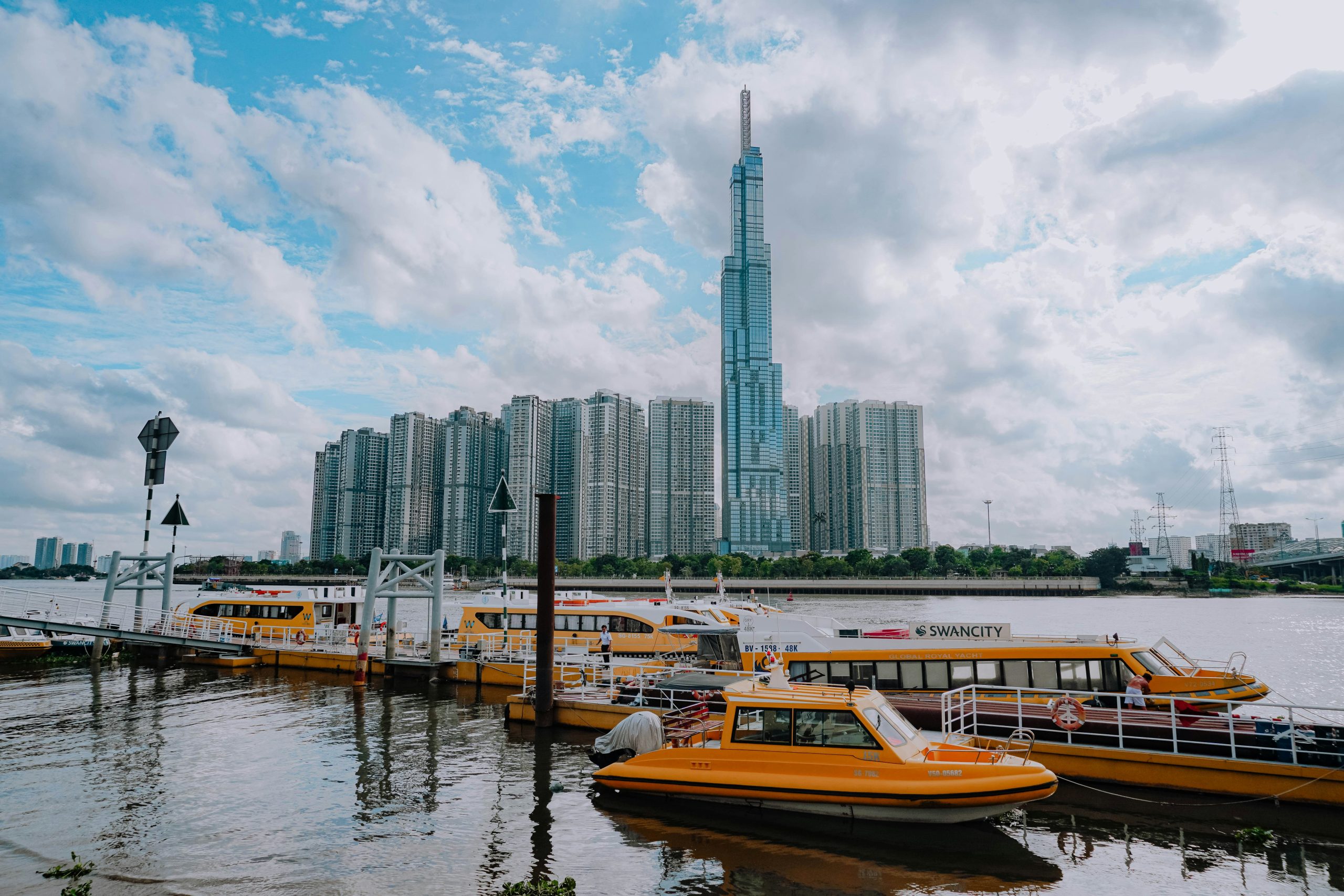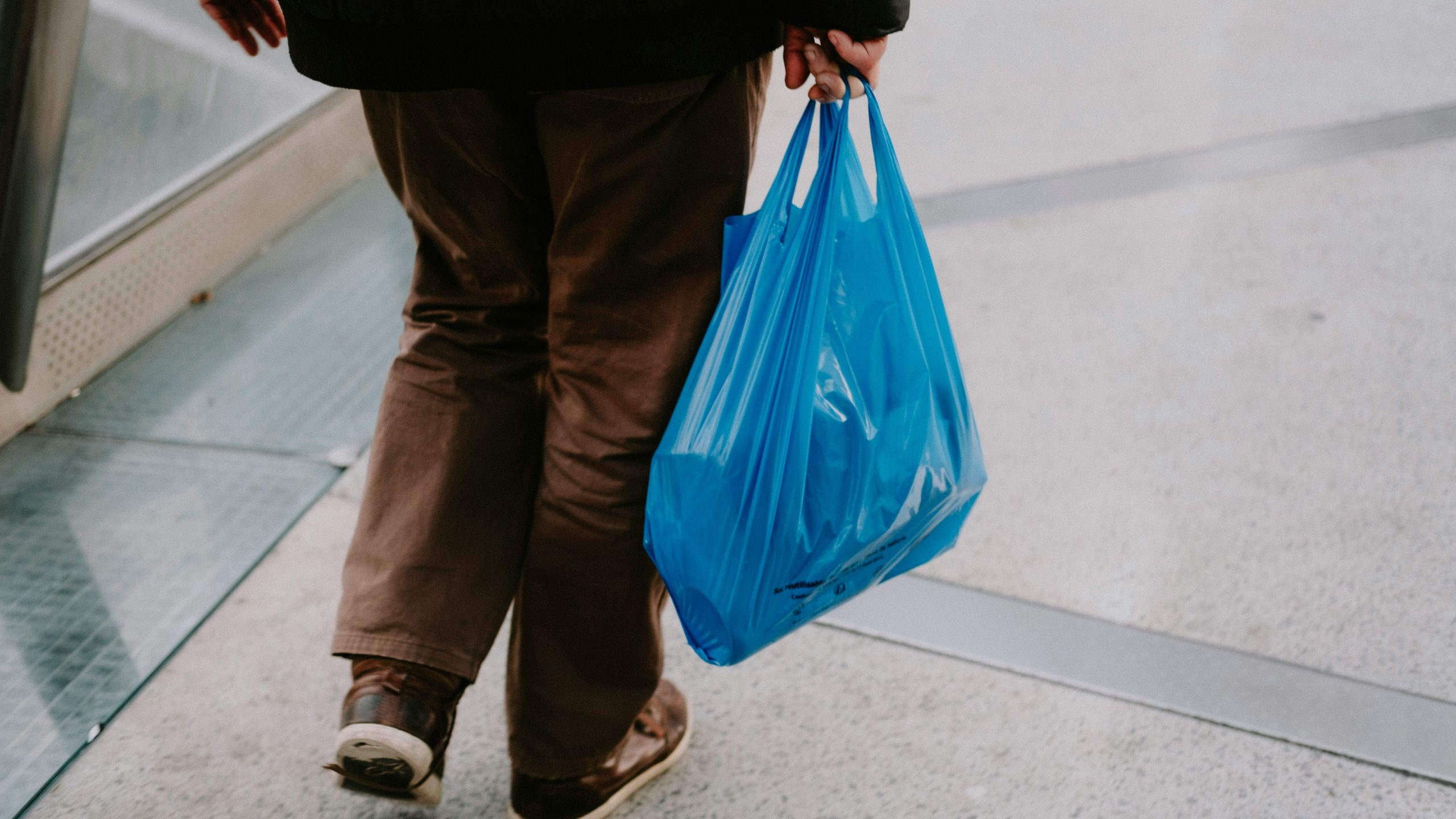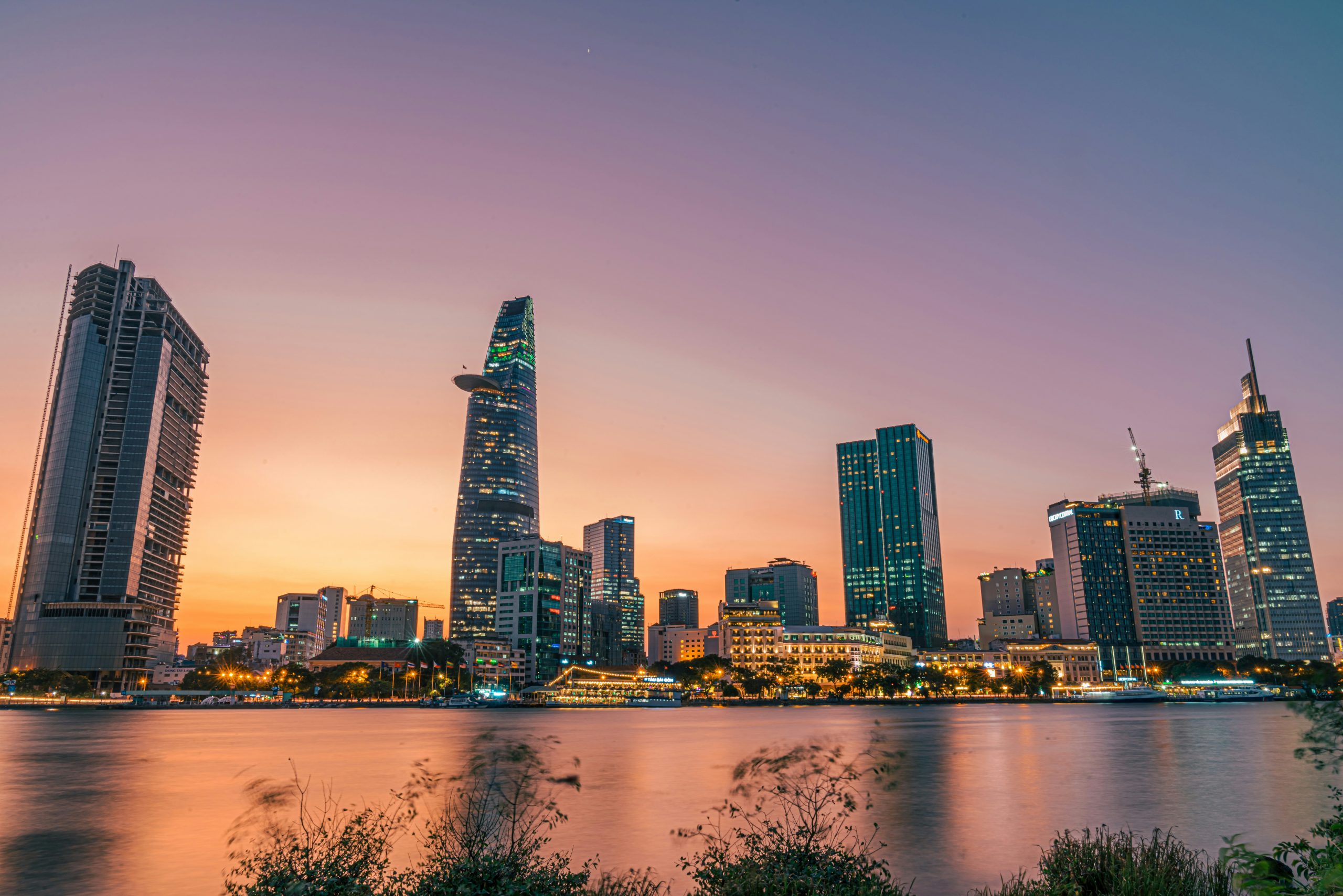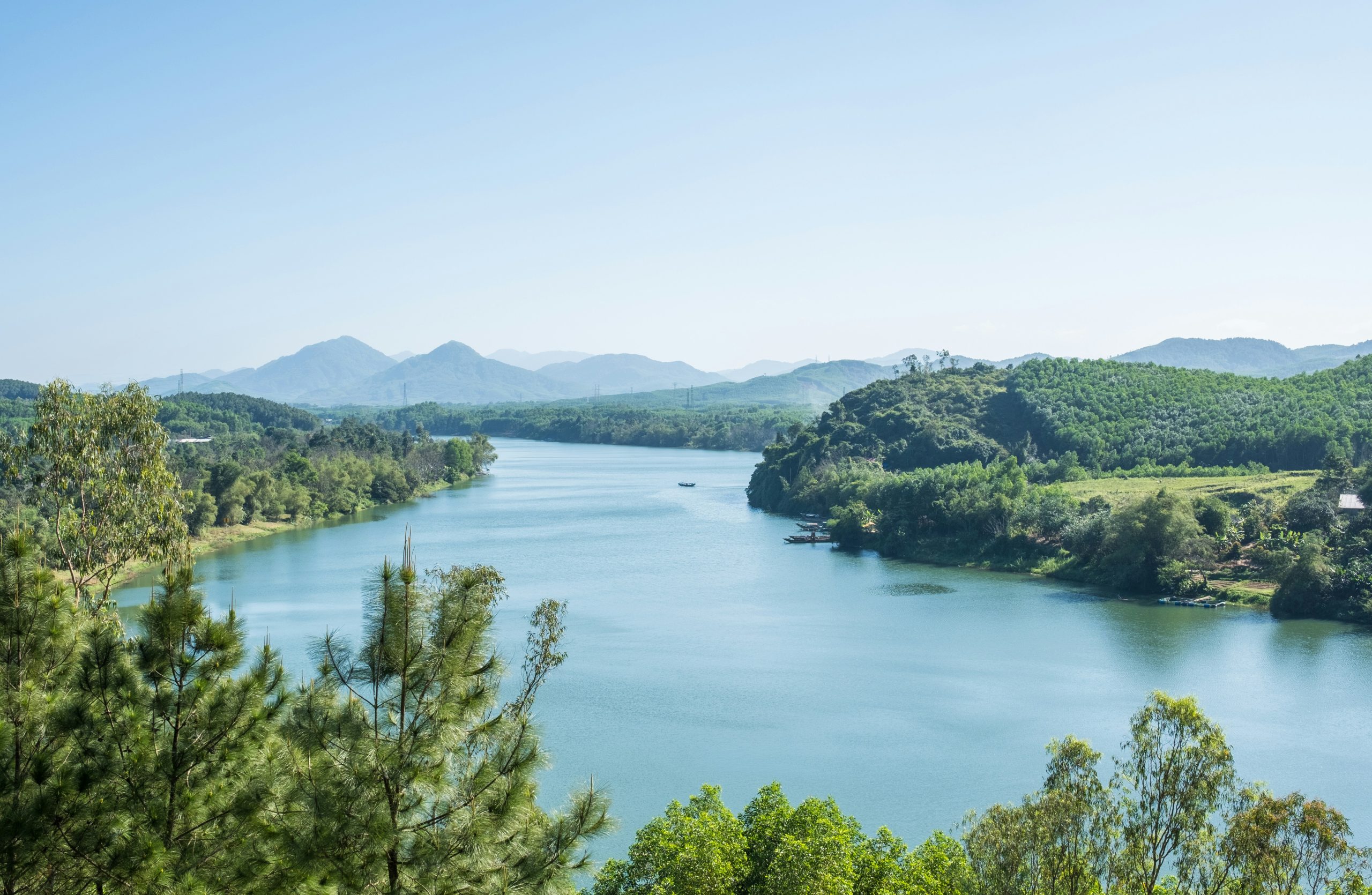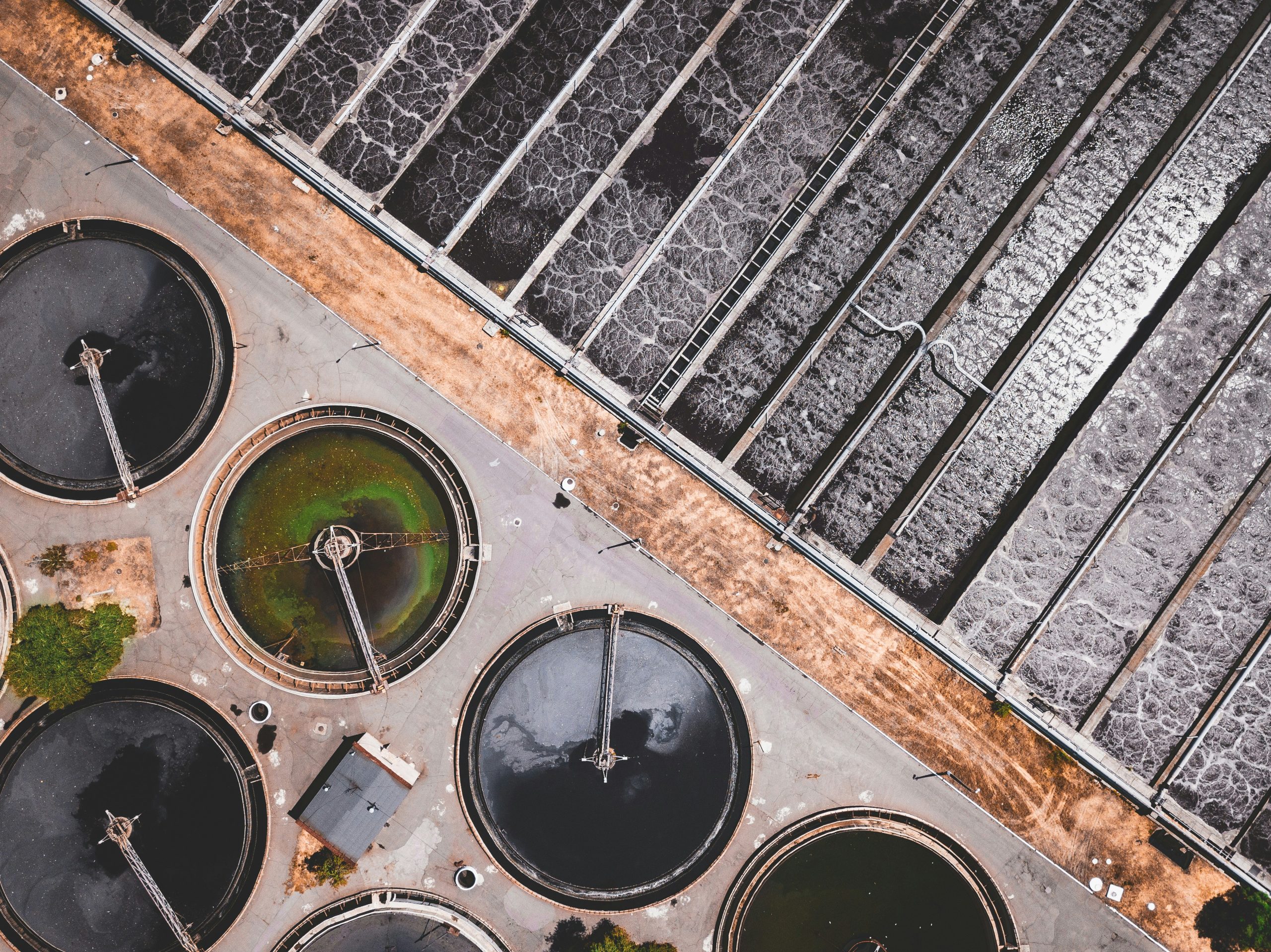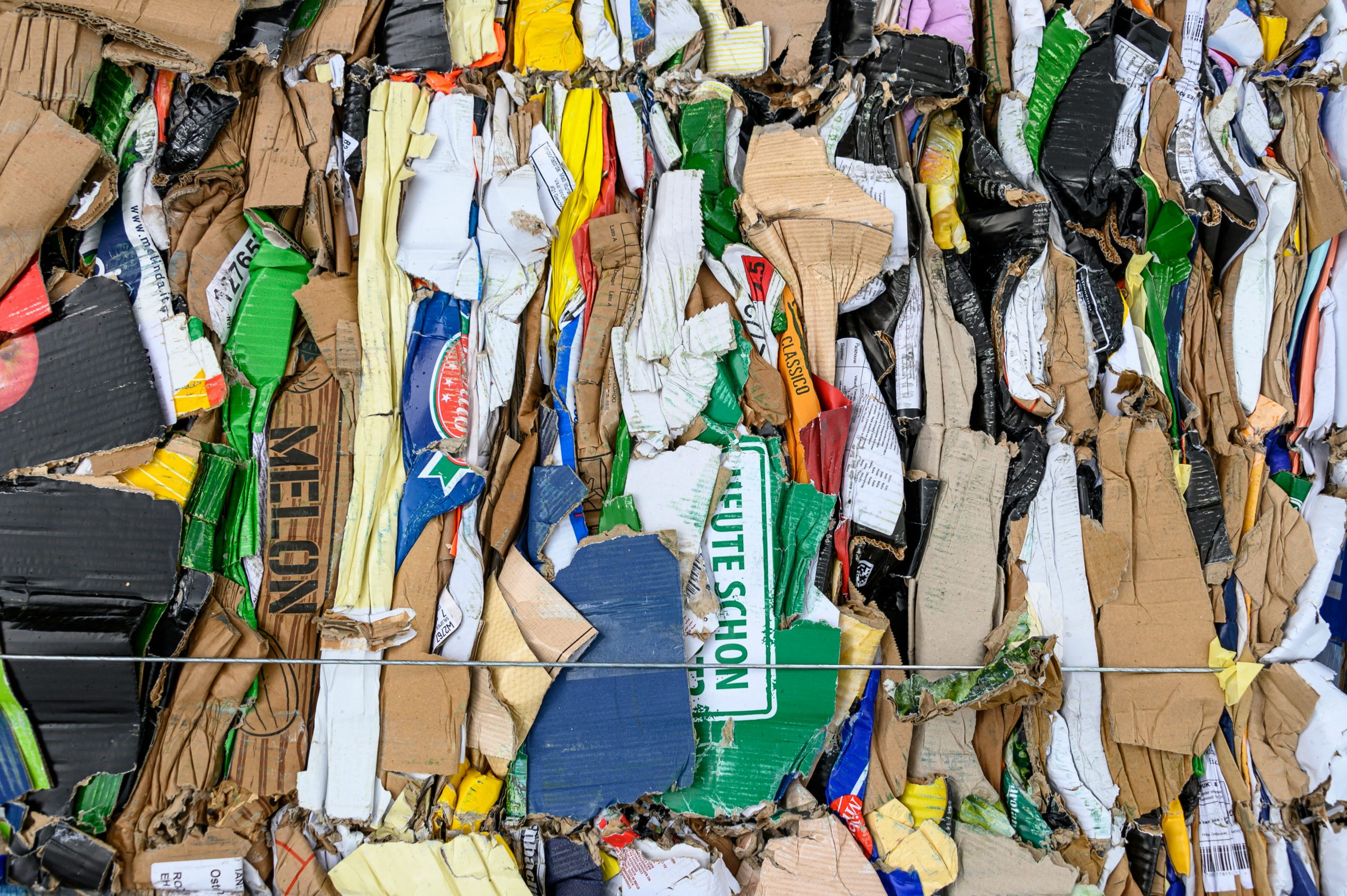
13Jan2025
Latest News & Report / Vietnam Briefing
Comments: No Comments.
Vietnam’s current situation of waste management
Vietnam generates approximately 60 thousand tons of waste daily, with urban areas contributing over 60% of this volume. Ha Noi, Da Nang, and Ho Chi Minh City alone generated over 20 thousand tons of daily waste. A significant portion is household waste, followed by industrial, agricultural, and medical waste[1].
Waste treatment in Vietnam remains largely manual and rudimentary. As of 2023, 55% of waste is disposed of through unsanitary landfilling, 20% is managed through open burning, and only 10% of the total waste is properly treated. Those poorly managed landfills contribute to air and water pollution, while the open burning of waste leads to harmful emissions that degrade air quality and pose respiratory health risks. Plastic waste has become a critical issue, with a significant portion ending up in rivers and eventually contributing to marine pollution.
Waste treatment method in Vietnam in 2023
Unit = %
Source: The Electronic Portal of Vietnam National Assembly
Despite some progress in implementing pilot projects for waste classification in several locations across the country, such as Hanoi, Hung Yen, Bac Ninh, Lao Cai, and Ho Chi Minh City, the results remain poor and show little promise. In fact, trash classification in Vietnam is inconsistent and underdeveloped, primarily due to limited public awareness about the importance of segregation and the absence of accessible systems for differentiated collection[2].
Additionally, the lack of specific planning for industrial waste treatment zones has led to waste treatment plants being built near residential areas. This proximity has made daily life more difficult for nearby residents and has contributed to an increase in respiratory illnesses among affected households[3].
Waste collection and treatment sites near residential areas
Source: Voice of Vietnam Electronic Newspaper
These issues have sparked growing concern among policymakers and citizens, emphasizing the urgent need for a cohesive and effective strategy to tackle Vietnam’s waste management challenges.
Regulation on waste sorting at source in Vietnam from 2025
In November 2020, the government implemented Law No. 72/2020/QH14, effective from 2022, which requires all households and businesses to classify waste at the source into recyclable, organic, and other waste by January 2025[4].
- – Recyclable: Plastics, cardboard, glass, metals, textiles, electronic waste, etc.
- – Organic: Fruit peels, cores, and plants, by-products from meat and seafood leftover food, and expired food.
- – Other Waste: Contaminated waste (e.g., diaper, chemicals packaging), single-use plastics, hazardous waste (e.g., batteries, chemicals), bulky items, etc.
This classified waste must be stored in appropriate containers to prevent leakage, odors, or environmental harm, ensuring recyclables and non-recyclables remain separated for effective treatment. Households and businesses must transfer their classified waste to designated collection points or licensed collection units at scheduled times, and illegal dumping, burning, or burying of household waste is strictly prohibited.
In addition, bulky waste must be self-transported or handled through hired dismantling and collection services to designated waste collection points. Other types of waste, such as metal, rubber, glass, and reusable plastics, can be sold to organizations or individuals engaged in waste collection and recycling. By combining with Decree No. 45/2022/NĐ-CP in 2022, households and businesses that fail to comply with waste classification rules will receive fines of up to 2 million VND[5].
Opportunities and challenges for Vietnam
Implementing these waste management initiatives presents significant opportunities for Vietnam, including economic growth through the expansion of the recycling industry, attracting green investments, and creating new jobs. Environmentally, it reduces pollution, conserves natural resources, and lowers greenhouse gas emissions, supporting Vietnam’s climate goals of achieving net-zero carbon emissions by 2050 in COP 26[6]. Socially, it improves public health, enhances urban living standards, and fosters a culture of sustainability.
However, Vietnam faces numerous challenges in its efforts to improve waste treatment and classification systems. Firstly, the equipment and facilities for collecting and transporting household waste remain inadequate. According to a 2023 survey conducted by the Hanoi Natural Resources & Environment Department, 80.6% of households and 75.5% of businesses reported a lack of motivation to segregate waste at the source, as all classified waste is ultimately mixed and collected together for centralized treatment[7]. Secondly, many existing treatment plants are outdated and underfunded, with some projects remaining incomplete despite being initiated over a decade ago. In several provinces, such as Da Nang, Tien Giang, Can Tho, and Ben Tre, waste collection points have already reached maximum capacity, resulting in excessive waste accumulation and severe environmental pollution[8]. Finally, government policies heavily focus on encouraging citizens to classify waste at the source, while the number of waste treatment plants meeting sanitary and procedural standards is still very limited. Active intervention by relevant authorities is essential to expedite the development of these projects and ensure their timely completion.
Conclusion
Vietnam stands at a critical juncture in its waste management journey. The increasing volume of waste, coupled with the challenges of inadequate infrastructure, low recycling rates, and environmental pollution demand urgent and comprehensive solutions. While government policies are undergone, modernized infrastructure and stricter enforcement are critical to fostering responsible waste practices and reducing landfill dependency. By investing in innovative technologies and engaging communities, Vietnam can build a sustainable waste management system, paving the way for a cleaner and more sustainable future.
[1] VnExpress Online Newspaper (2024). Waste Sorting at Source in Vietnam Starting in 2025 <Access>
[2] A Chau Environment (2023). Status Quo of Domestic Waste Segregation at Source in Vietnam <Access>
[3] Tien Phong Newspaper (2024). Incinerator Near Residential Area <Access>
[4] Vietnam Government Portal (2020). Law No. 72/2020/QH14: Environmental Protection Law <Access>
[5] Vietnam Government Portal (2022). Decree No. 45/2022/NĐ-CP: Sanctions for Environmental Violations <Access>
[6] United States Agency for International Development (2024). Vietnam Climate Change Profile <Access>
[7] Vietnam Television News (2023). Domestic Trash Classification at Source: Current Situation in Vietnam <Access>
[8] Voice of Vietnam Traffic Service (2024). Waste Treatment Area for the Entire Mekong Delta is Still Limited <Access>
* If you wish to quote any information from this article, please kindly cite the source along with the link to the original article to respect copyright.
| B&Company
The first Japanese company specializing in market research in Vietnam since 2008. We provide a wide range of services including industry reports, industry interviews, consumer surveys, business matching. Additionally, we have recently developed a database of over 900,000 companies in Vietnam, which can be used to search for partners and analyze the market. Please do not hesitate to contact us if you have any queries. info@b-company.jp + (84) 28 3910 3913 |
